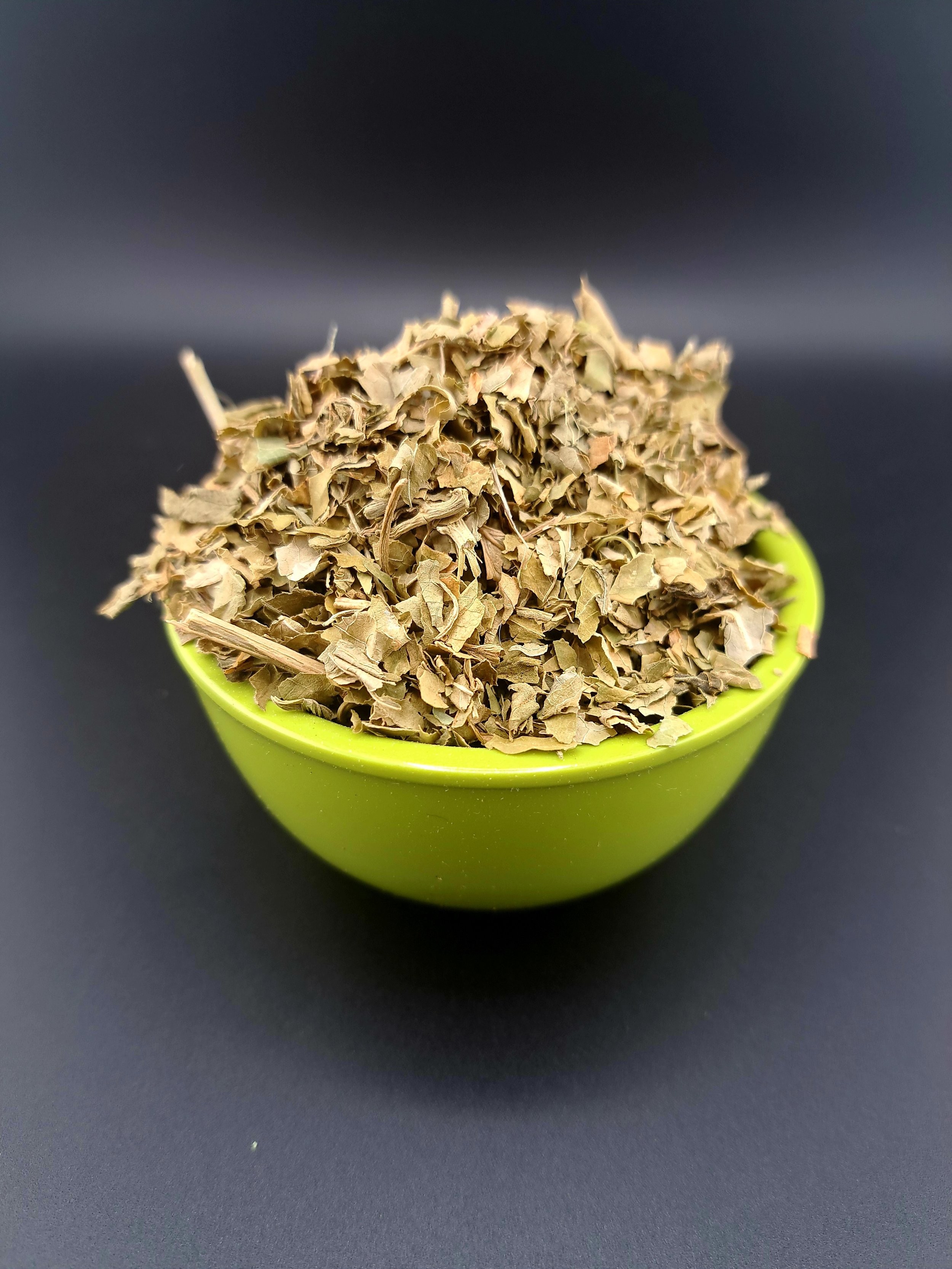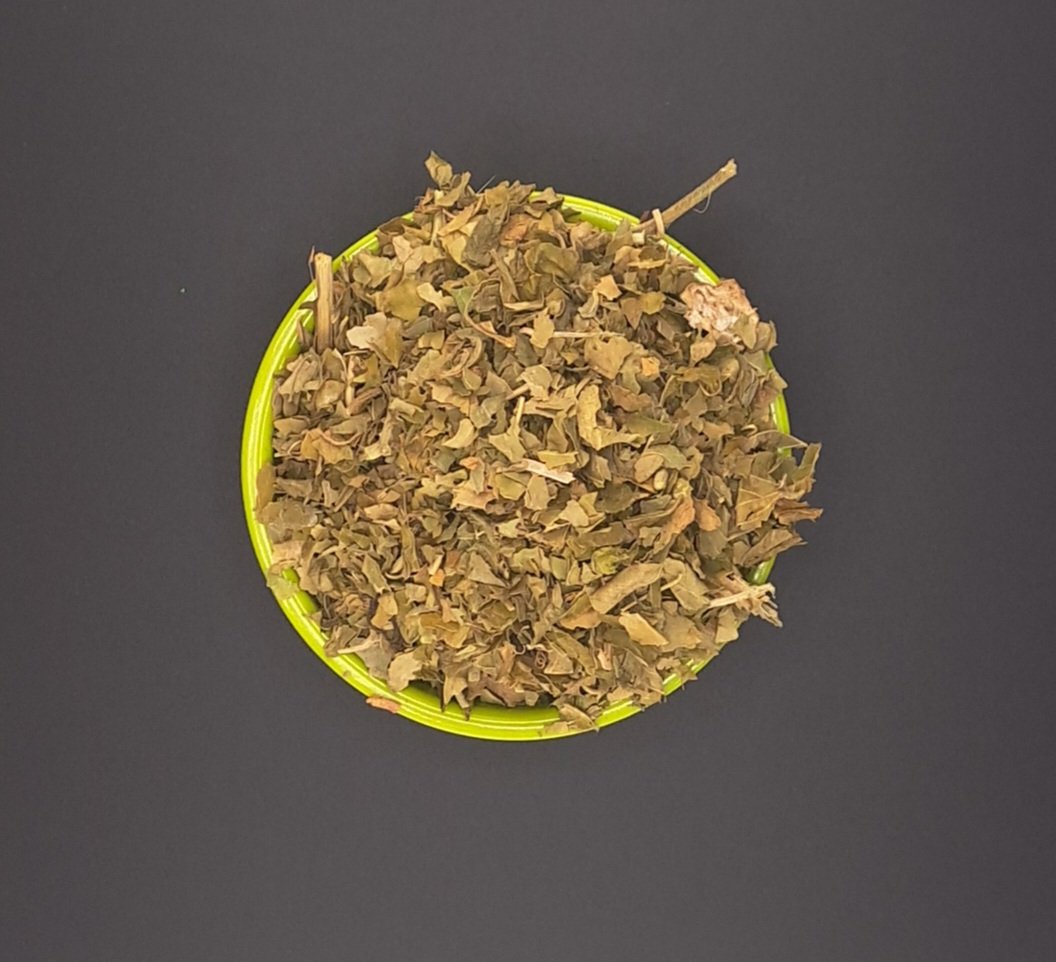

Passion flower - Organic, Cut & Sifted
1/4 Lb.
Passion flower - Organic, Cut & Sifted
1/4 Lb.
Passion flower, scientifically known as Passiflora incarnata, is a climbing vine native to the southeastern United States. It is recognized for its intricate and unique flowers, and it has been traditionally used for its potential calming and sedative effects. Here are some key points about passion flower:
Traditional Uses:
Calming Properties:
Passion flower has a history of use in traditional medicine for its calming and sedative properties. It is often used to help alleviate symptoms of anxiety and insomnia.
Sleep Aid:
Passion flower is sometimes used as a natural remedy for sleep disorders. It may help promote relaxation and improve sleep quality.
Nervous System Support:
The herb is believed to have a calming effect on the nervous system, making it a potential option for stress management.
Bioactive Compounds:
Flavonoids and Alkaloids:
Passion flower contains various bioactive compounds, including flavonoids and alkaloids, which are believed to contribute to its therapeutic effects.
Preparations:
Herbal Tea:
Passion flower tea is a common preparation. Dried passion flower leaves and flowers are steeped in hot water to create a soothing and mild-flavored tea.
Tinctures:
Passion flower extracts, in the form of tinctures or liquid extracts, are available. Tinctures offer a concentrated form of the herb.
Capsules or Tablets:
Passion flower supplements, in the form of capsules or tablets, are also available for those who prefer a more convenient dosage form.
Precautions:
Pregnancy and Lactation:
Pregnant and breastfeeding individuals should consult with a healthcare professional before using passion flower supplements, as its safety during these periods is not well-established.
Sedative Effects:
Passion flower may have sedative effects, and individuals taking medications with sedative properties should exercise caution and consult with their healthcare provider.
Allergies:
While rare, some individuals may experience allergic reactions to passion flower. It's advisable to perform a patch test before using passion flower topically or consuming it in large amounts.
Medication Interactions:
Passion flower may interact with certain medications, including those for anxiety, depression, or insomnia. It's crucial to consult with a healthcare professional if you are taking medications.
Passion flower is appreciated for its potential calming effects and is commonly used in herbal teas and supplements designed to promote relaxation and improve sleep. As with any herbal remedy, it's advisable to use passion flower in moderation and consult with a healthcare professional, especially if you have specific health concerns or are taking medications. Individual responses to herbal remedies can vary, and professional guidance ensures safe and effective use.
